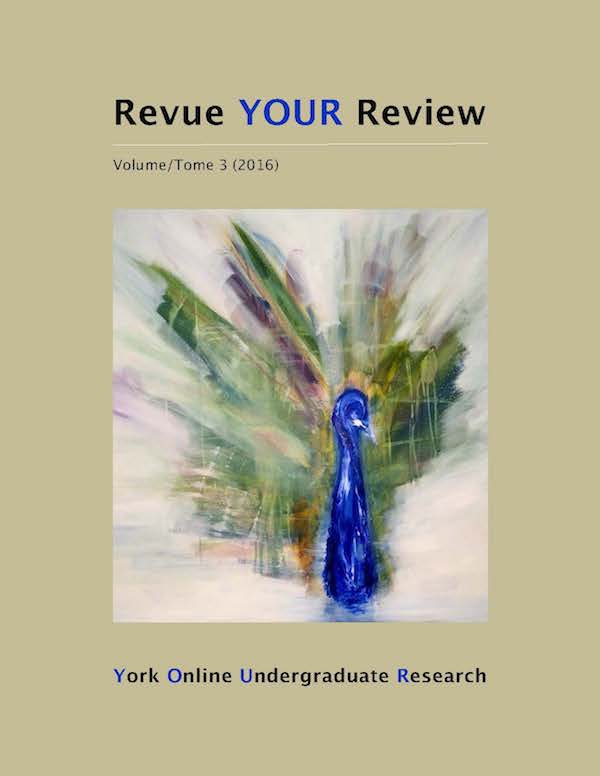Section Seven and the Right to Die: A Critical Analysis of the Issue of Doctor-Assisted Suicide in Canada
Abstract
This research project attempts to answer the question of whether or not those who are terminally ill, of sound mind, and have a physical disability preventing them from taking their own life should have the moral and legal right to assisted dying in Canada, if they so choose. The study reviews how the Canadian Charter of Rights & Freedoms (1982) and the Criminal Code of Canada affect the right to die and provides a summary and analysis of two of the most prominent legal cases in Canada related to assisted dying: Rodriguez v. Canada (Attorney General) & British Columbia (Attorney General) [1993], in which ALS sufferer Sue Rodriguez was denied the right to assisted dying, and Carter v. Canada (Attorney General) [2012], in which plaintiff Gloria Taylor, also an ALS sufferer, was the only person in Canada to be granted a constitutional exemption to seek out assistance in dying—a case later referred to the Supreme Court of Canada. The research project also offers a moral analysis of assisted death from a variety of perspectives and scholarly backgrounds. It concludes by appealing to the Dutch example, in which assisted death is legalized and heavily regulated, and calls for a change to recognize the right to die.Downloads
How to Cite
Issue
Section
License
Authors contributing to Revue YOUR Review agree to release their articles under one of three Creative Commons licenses: Creative Commons Attribution 4.0 International; Creative Commons Attribution-NonCommercial 4.0 International; or Creative Commons Attribution-NoDerivatives 4.0 International. All editorial content, posters, and abstracts on this site are licensed under Creative Commons Attribution-NoDerivatives 4.0 International. For further information about each license, see:
https://creativecommons.org/licenses/
In all cases, authors retain copyright of their work and grant the e-journal right of first publication. Authors are able to enter into other contractual arrangements for the non-exclusive distribution of the e-journal's published version of the article (e.g., post it to an institutional repository or publish it in a book or in another journal), with an acknowledgement of its initial publication in this e-journal.


